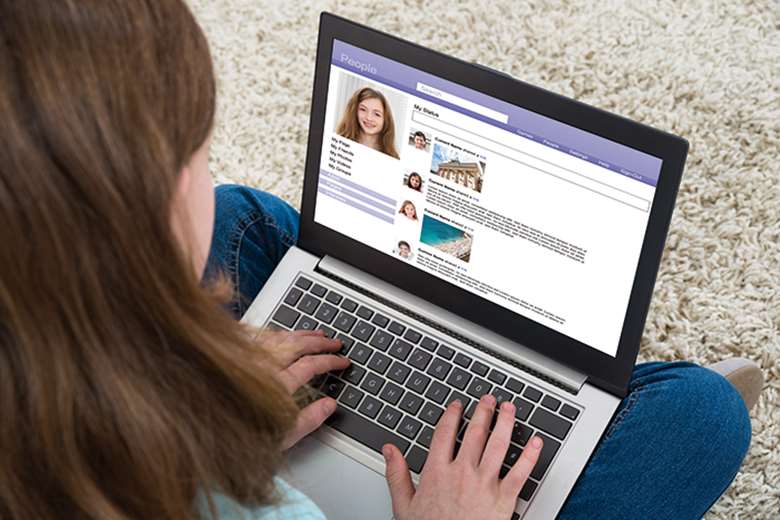Young people draft plan for navigating post-truth world
Howard Williamson
Tuesday, February 14, 2017

As both the shock and jubilation surrounding the Brexit process and the Trump presidency - "unpresidented" circumstances, as Trump tweeted - settle down into the new normal, a normal that was largely unwanted and unsupported by the younger generation, we have to ask how we can hang on to some sense of values and truths, when apparently "alternative facts" (akin to George Orwell's Newspeak, which was designed to diminish the range of thought) can now proliferate and people are increasingly operating in their own "echo chambers". They receive, or search out, only the information they are likely to want to hear, oblivious to counter-arguments or correctives to blatant mistruths. Even worse, evidence from recent research suggests that when such mistruths are corrected by those perceived to be on an opposing side, the original perspectives are reinforced even more.
People have always read newspapers and watched programmes that resonated most closely with their own views. People have always had a significant mistrust of politicians, although this has worsened since the "dodgy dossier" over weapons of mass destruction in the UK. But long before that, it was accepted that it was customary - and arguably reasonable in political terms - to be "economical with the truth" to convey a misleading impression.
But now that the gatekeepers to information can, through social media, so easily be bypassed, both ways, the scenario becomes far scarier. Trusting the will of the people when that derives from wanton falsities ("a new hospital every week", "Turkey is about to join the EU") is a dangerous con trick.
So how do we support young people in making informed choices? One answer was provided by a group of bright participants at an event in Prague convened at the turn of the Millennium under the patronage of the late President Vaclav Havel. Having led the velvet revolution that enabled Czechoslovakia to have a smooth transition from state socialism, he was committed to exploring and establishing a value base for education and learning in the 21st century. These young people were the first generation of digital natives and acutely aware, even then, of the proliferation of information with which they were already being bombarded.
How were they to make sense of it? Who, and what, could they trust? What was "fact", what was "opinion", what was "advertising", what was "propaganda", what might be "truth" (or lies)? How could you start to distinguish between these, especially when communication was already starting to be described in hybrid terms, such as "edutainment" or "advertorials"?
The young people I worked with suggested it would be important to have information about information. Michael Gove may have said that people have had enough of experts, but these young people said that experts - in the form of human facilitators - were indispensable: to help and guide young people through the increasingly confusing and sometimes intentionally misleading torrent of perspectives and polemics that they were already aware of and that would be coming their way even more in the future.
Young people needed to acquire the skills to navigate effectively through all of this. They had to learn how to "Find" relevant and useful information, amid all the trash and dross that masqueraded as much the same. They had to "Retrieve" it, separating and isolating it from the morass of other material. And then they had to know how to "Evaluate" it to determine, as best they could, its provenance and authenticity. Only then, with any confidence, could they "Use" it to form their own opinions, to make their informed choices, to express their own ideas. With that knowledge and understanding, they would thereby be able to "Defend" their positions and perspectives, rather than - as the post-truth exponents, with limited attention to any ethical responsibilities, have done so successfully - blindly and belligerently assert them.
These ideas were formulated when the internet and social media were firmly believed to have solely benign potential and consequences, allowing for levels of communication, contact and exchange in ways that had never been possible before. Today, more sinister outcomes arising from untrammelled access to and use of social media are routinely noted and discussed. All the more reason for asserting the case for "Freud in a human envelope", as envisioned by those we might call the first generation of global citizens, a generation ago.
Howard Williamson is professor of European youth policy at the University of South Wales




